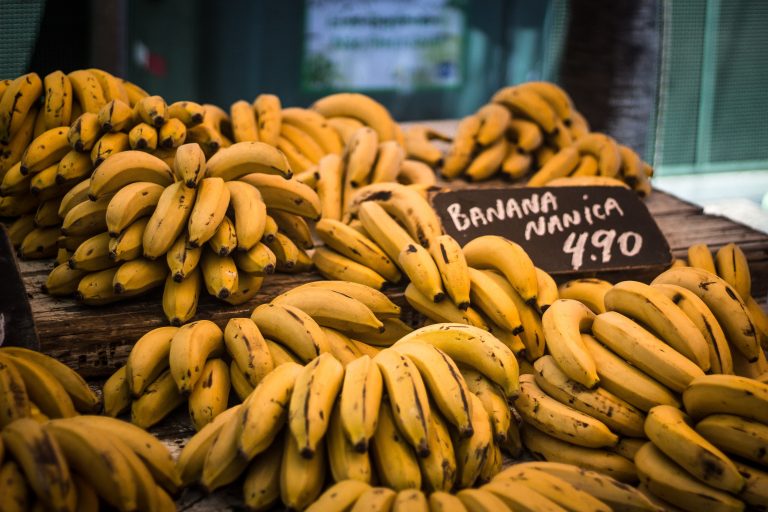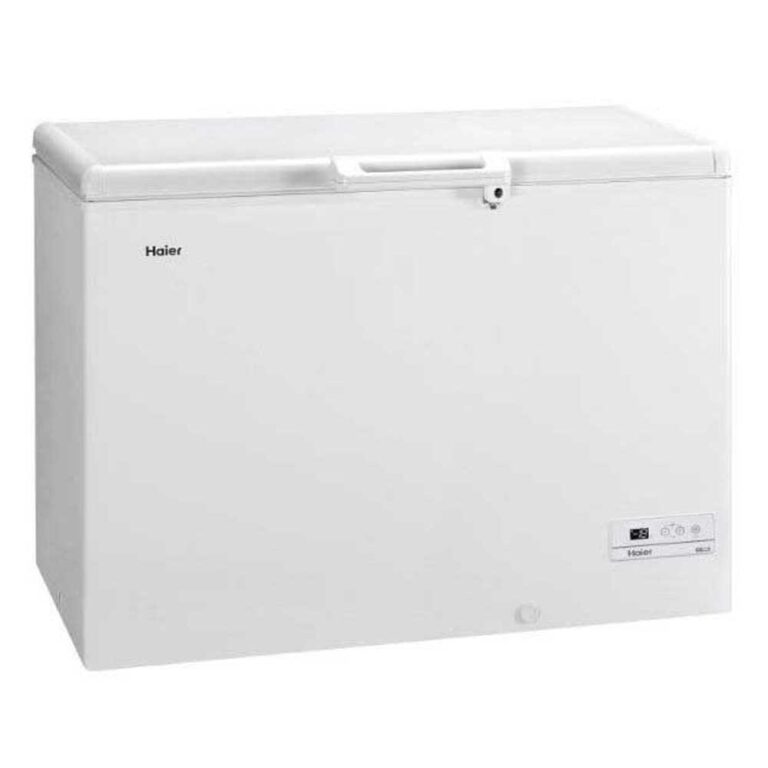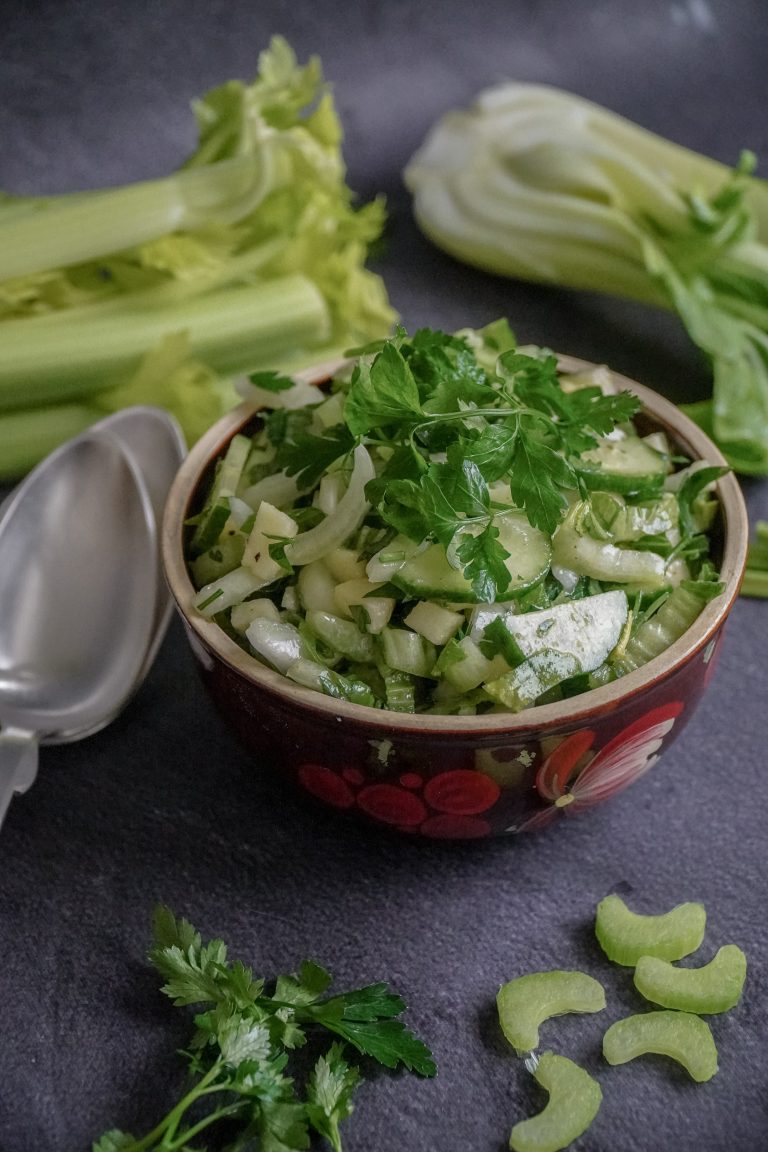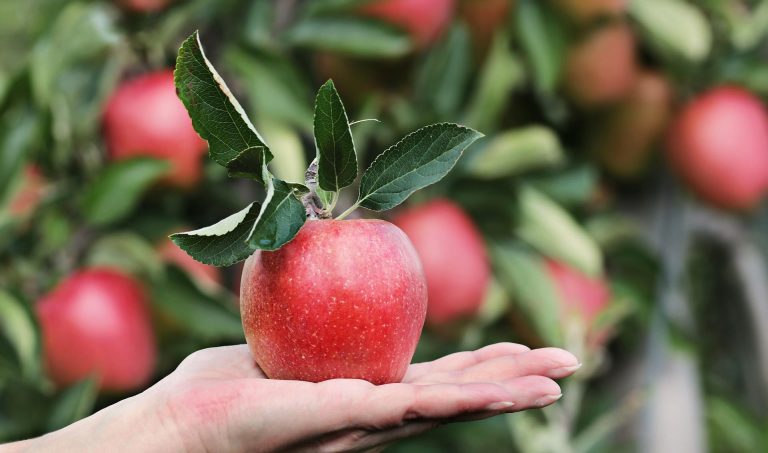How Can I Freeze Almonds?
Almonds are an excellent way to prolong their shelf life. High temperatures can make the fat rancid, so storing them in the freezer keeps their good taste and quality.
Its low moisture content makes freezing an excellent choice, as thawing will not alter its taste or physical component.
How do you keep them from freezing? To outline the steps that will help maximize almonds’ benefit, we have researched the topic.
Almonds can be placed in the freezer, whole, in-shell, or ground, and the storage container can vary for processed or ground almonds.
They should be kept at temperatures between 50 C and 410 F to make sure there are no drastic temperature changes.
Almonds that are kept in the freezer can be eaten for at least a year or two, even if they are stored at room temperature.
You should learn how to properly freeze almonds so you can enjoy them.
Table of Contents
Is It Possible to Freeze Almonds in the Shell?
When almonds are kept inside the freezer, they can keep up to three years, but you need to remove the hull before you can use the almonds.
A method of sterilizing almonds that are still in shell from pests and bugs is freezing. Put them in a container and leave them in the freezer for 48 hours after harvest.

How Can I Freeze Ground Almonds?
If the almonds are still in their original packaging, they can be frozen in the freezer.
It is a good idea to separate them into small batches and place them in tightly sealed containers after opening.
Adding an extra layer of plastic in the form of a bag or vacuum seal offers an additional layer of protection against the elements.
Shelf Life of ground almonds in the freezer
Depending on whether it is blanched or natural, ground almonds can last between 12 months and 18 months in the freezer.
Is It Possible to Freeze Soaked Almonds?
Almonds need to be completely dry before they can be frozen. They can be kept in the freezer for a couple of years to save time when a recipe calls for it.
Airtight Container
The almonds in their original packaging can be placed in the freezer. It’s a good idea to make sure there are no punctures or holes in it because it can lead to ice build-up.
If you prefer to transfer them into containers for easy handling, then an airtight freeze ware is the best option.
It’s less prone to puncturing, which is a bonus. If you keep your freezer organized and hold off strong odors, you will be able to quickly get the amount of thawing you need.

How Can I Store Frozen Almonds?
Tupperware, Rubbermaid, Glad, and Ziplock are examples of plastic containers that are suitable for use in an airtight container.
Although they can crack and stain over time, they generally keep freshness and moisture inside. If you don’t want to open and re-open your bulk batches, then go for the small ones.
If roasted almonds or processed almonds are to be put in plastic containers, vacuum-sealed or nitrogen flushed can be added to help keep oxygen out of the nuts while they are in the freezer.
Optimal temperature
Almonds don’t need to be subjected to sudden temperature changes.
You should keep them at a cool temperature. 50F/10C is the Almond Board of California’s preferred temperature.
It is best to store them in colder storage in areas where the temperatures exceed the recommendations.
The pantry is not the best place to store large quantities of almonds. Depending on how much you consume, keep an amount to last a day or two.
If the temperature in your pantry goes above the preferred storage temperature, then a refrigerator or freezer is recommended.
How Can I Safeguard Stored Almonds?
It’s a good idea to label your almond stock when it’s first placed in the freezer and the last day that you expect it to be there.
If they follow the instructions on the label, they can stay in the freezer for two years at the maximum for most of the formats.
How Long Will Almonds Last in the Freezer?
Natural almonds can be eaten for up to two years. They can last up to 18 months. You can store the meal for up to 12 months.
Blanching is capable of adding six more storage months for almonds. Either natural or blanched, it is still at 12 months.
How Can I Thaw Frozen Almonds?
Take the amount that you need from the freezer and put it at room temperature.
The quality of almonds can be affected by temperature changes, so make sure not to thaw the whole batches.
You can expect a shorter storage life for your almonds if this happens frequently.

Is It Possible for Frozen Almonds to Go Bad?
If the essential storage recommendation is followed, freezing and thawing don’t change the quality of the content.
If there is a break in the containers, then slowly mold can be developed. The fat in almonds can turn rancid, because of the temperature fluctuations.
The appearance, smell, and taste of almonds should be checked in between getting them for the thaw.
A sign of decline is any one of those. Changing your stocks is something that should be considered.
Can You Get Salmonella from Almonds?
Almonds sold in North America and other countries have been recalled after being linked to an outbreak of Salmonella.
Almonds are now required to undergo pasteurization in North America because of this unrecognized risk.
Almonds’ goodness is not lost even if they undergo pasteurization.
Most of the almonds that are supplied to more than 90 countries come from California and it is safe to say that they have reduced the risk of salmonella.
Always check the label to make sure that almonds were produced in the correct place.
Is It Possible to Buy from Bulk Bins?
Buying in bulk bins may be a cost-effective and eco-friendly way to stay away from plastic.
Since several batches of almonds may find their way into the bulk bin, it’s important to check the quality of your almonds using your basic sense of smell.
The temperature where the bulk bins are located is important to check.
Conclusion
Almonds have natural antioxidants that help them to stay longer, but freezing allows for more optimal storage.
The good news is that you do not need to follow complicated steps.
Make sure your freezer temperature is optimal, and keep the humidity away, by putting your content in an air-tight container.
If you don’t consume large amounts of almonds, buying only the part that you can finish at any given time would be better.
It is a good idea to check the label to know where it came from and when it was processed. It is a good idea to check your almonds regularly by smelling them close or taking a bite.
It is time to change your stocks when you smell something rancid or bitter.

Foodie and a passionate cook, I am here to share all of what I know about cooking, kitchen, and food prepping.
Follow me for delicious and healthy recipes.







